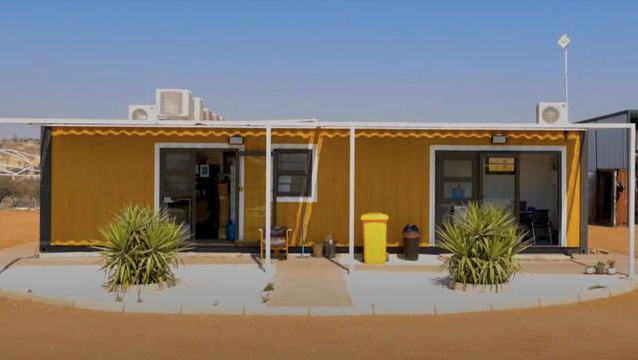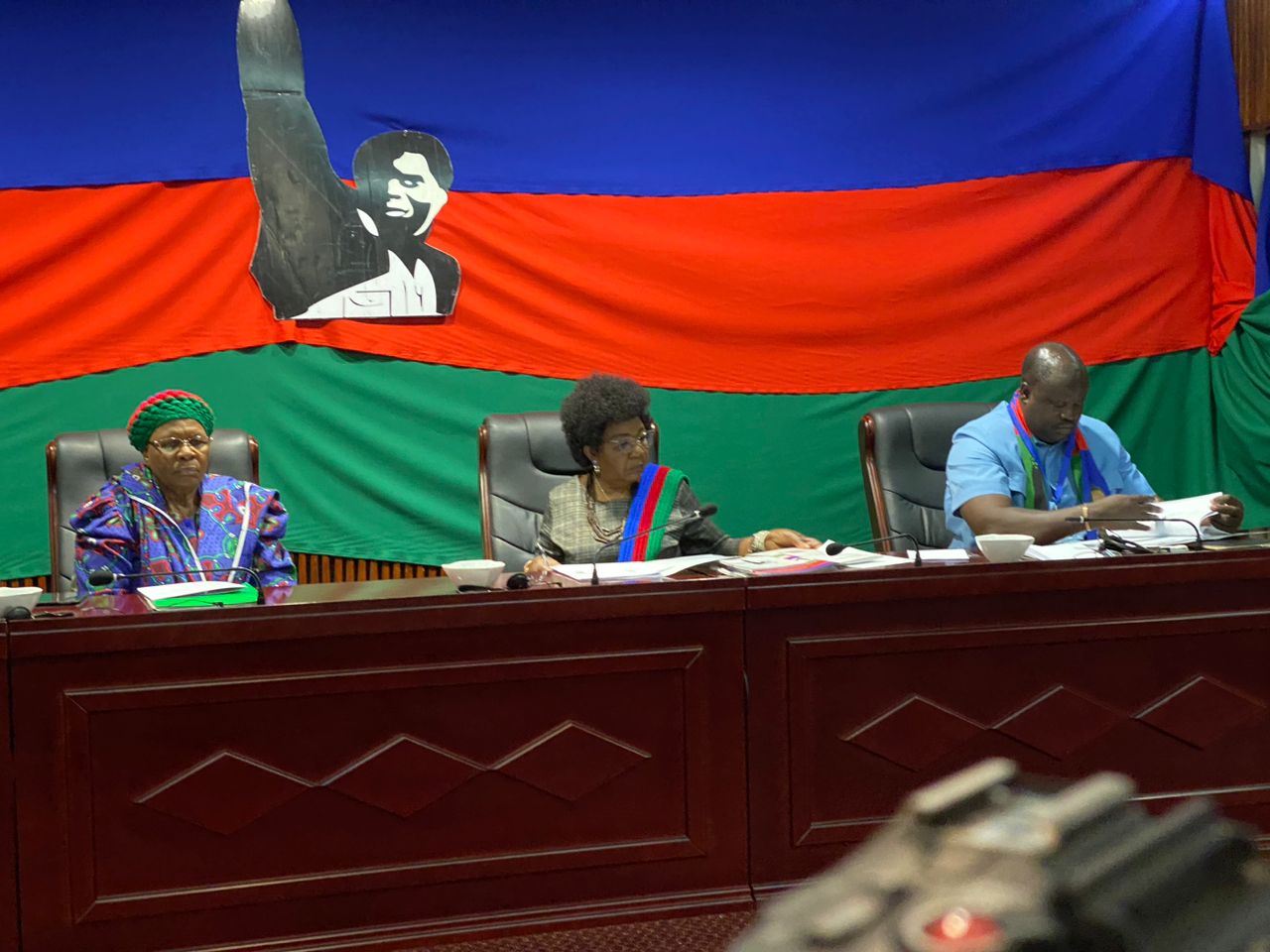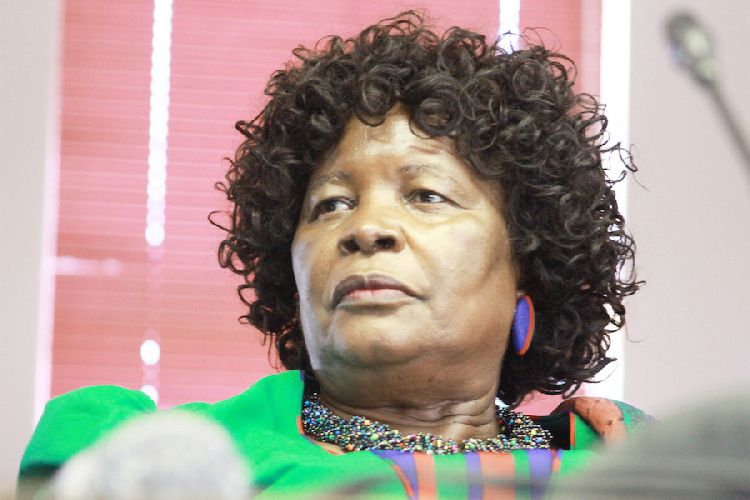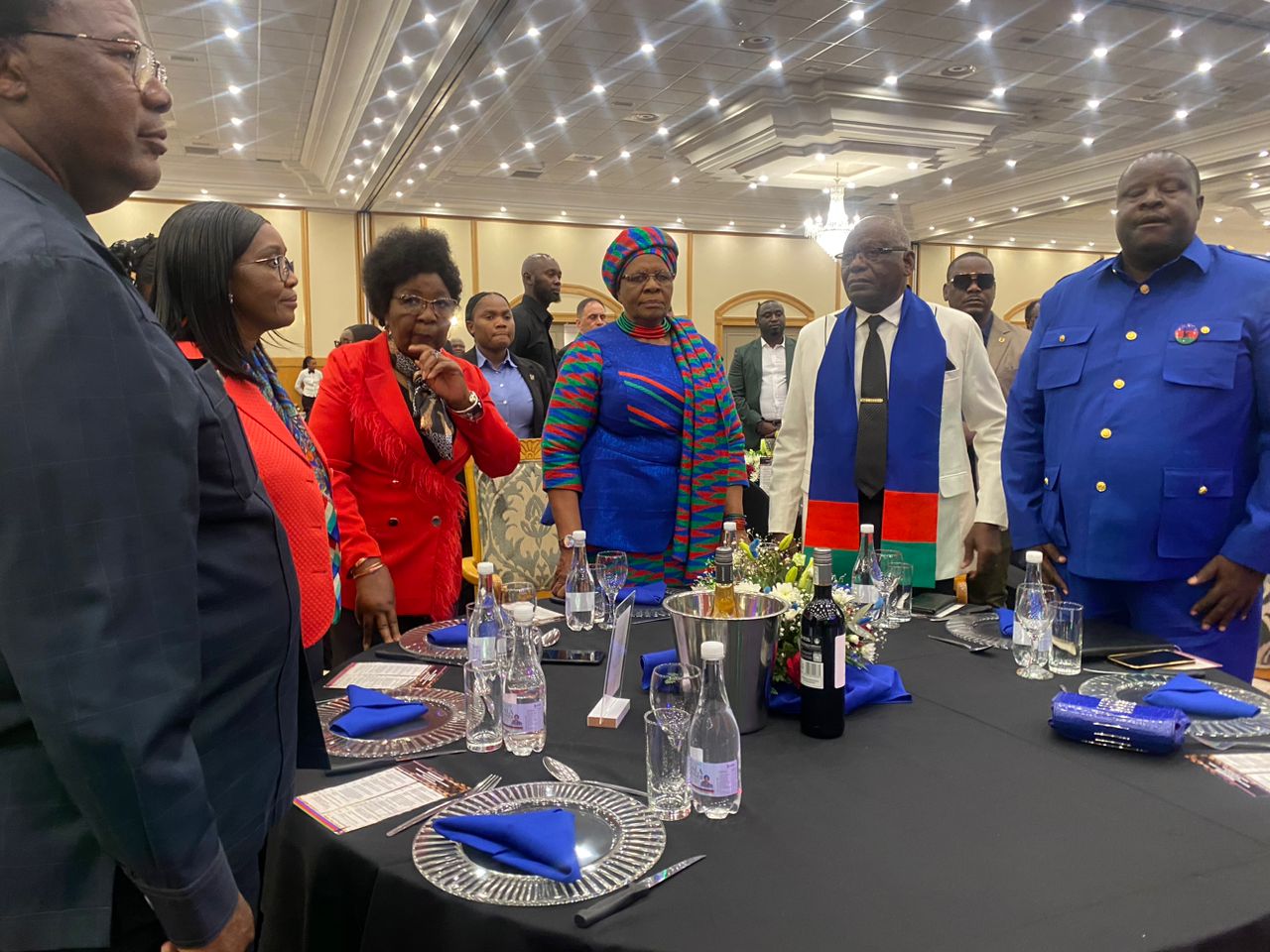MycoHab has developed mycoblocks – large, solid brown slabs grown from oyster mushroom waste.
In a groundbreaking development, mushroom byproducts from farming helped experts design bricks with insulation properties to solve Namibia’s housing crisis.
Stronger than conventional concrete, these mushroom-based bricks are the result of an initiative by the Massachusetts Institute of Technology (MIT) in collaboration with the Standard Bank, led by MycoHab.
Called mycoblocks, the bricks are described as large, solid brown slabs grown from oyster mushroom waste. The pilot project is located at Brakwater, just north of Windhoek, according to This is Namibia.
Some concerns were raised about the potential odor of these blocks, as they are made from entirely natural products. However, scientists have confirmed that the first-ever carbon-negative house built from mushroom bricks is odorless.
Odorless housing from oyster mushroom waste
“People think the house would smell because the blocks are made of all-natural products, but it doesn’t smell,” Kristine Haukongo, a senior cultivator at the research group MycoHab, told The Guardian.
“Sometimes, there is a small touch of wood, but otherwise it’s completely odorless.”
The researcher cultivates the oyster mushrooms on chopped-down invasive weeds, and the resulting waste is then transformed into large mycoblocks intended for building homes in Namibia.
“We wanted a new, better way to curtail the housing crisis and a sustainable way to curb the negative effects of the encroacher bush on our environment,” Magreth Mengo, the head of brand and marketing at Namibia’s Standard Bank, told The Guardian.
“This project is a first of its kind and is still very much in the experimental phase but shows a lot of promise,” added Mengo.
The project was executed with the primary goal of tackling the severe housing crisis in Namibia, a country in southwest Africa. The country urgently needs an estimated half a million new homes.
Nearly 90 percent of households earn less than $144.69 (N$2,700) per month, making homeownership unattainable for many. As a result, one in five Namibians live in makeshift homes constructed from waste materials or zinc sheets.
This innovative development would not only help crack the housing crisis but also foster sustainable growth.
According to Venture Media, the MycoHAB initiative has the potential to have a significant impact on human livelihoods and environmental conservation efforts when implemented extensively.
Clearing invasive bushes sustainably
Furthermore, the project is striving to remove invasive encroacher bushes that have been observed to occupy large areas of land in the African nation. The bushes inhabit 45 million hectares (111 million acres) of the country’s land and creep into agricultural regions, affecting groundwater recharge.
As a consequence of clearing the bushes, the land will be available for natural vegetation like grass to thrive.
This restoration enhances the land’s ability to support more livestock and wildlife, as grasslands provide essential food and habitat, also enabling sustainable land practices.
Unfortunately, traditional methods involve burning the encroaching bushes, with the government planning to burn 300 million tons every 15 years to mitigate their environmental impacts and produce charcoal for profit. However, this has led to an increase in carbon emissions.
Instead of burning them, MycoHAB will utilize the bushes as a base to cultivate oyster mushrooms. Once grown, the mushrooms are sold to local markets.
The remaining mushroom waste, along with the processed encroacher bush, is compacted and baked to create mycoblocks, a sustainable building material. Each mycoblock is composed of approximately 22 pounds (10 kilograms) of the encroacher bush material.
“If this technology becomes widespread, we could mitigate much of the more than 300m tonnes of bush the government of Namibia wants to thin,” Haukongos stated.
“In a normal mushroom farm, the substrate is thrown out or used as compost, but here we turn them into mycoblocks.”
Stay informed with The Namibian – your source for credible journalism. Get in-depth reporting and opinions for
only N$85 a month. Invest in journalism, invest in democracy –
Subscribe Now!






